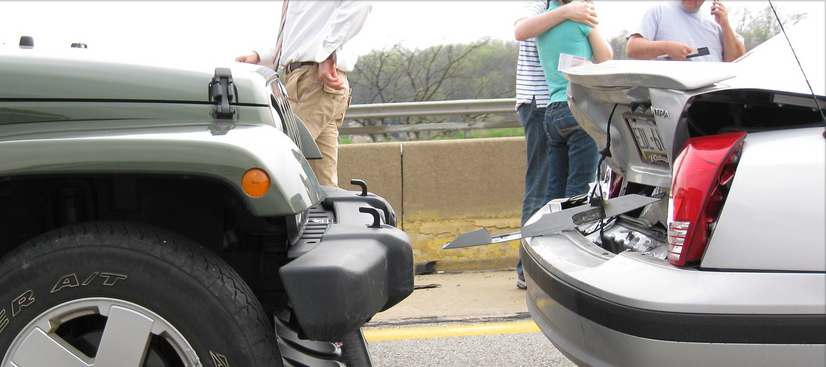Mussio Goodman Law Defeats ICBC Low Velocity Defense at Trial
Posted on by Mussio Goodman
ICBC’s Biased Policy Was Defeated Against Our Client in Court
Nobody truly understands the impact of whiplash until they have experienced it for themselves. This painful and often debilitating injury can arise from even a relatively mild collision, and can result in chronic pain lasting from months to years to the rest of the victim’s life.
In spite of this, ICBC has instituted a strict “Low Velocity Impact” (LVI) Program, the purpose of which is to deny any injury claim arising from collisions that result in minimal physical damage to the vehicle.
As argued by Eric Goodman before the Supreme Court of British Columbia in Sun v. Sukhan, there is no scientific or medical support for ICBC’s LVI Program, and the Court should not discount the extent of the Plaintiff’s injuries merely by virtue of the limited damage sustained by his rear-ended vehicle. The Court agreed:
[23] From the pictures that were put in evidence on the summary trial, the vehicle appeared to have sustained only minor damage, but again that does not mean that the plaintiff did not suffer genuine injuries, nor is it the case that with soft tissue injuries there is always a physical presentation that can be seen or felt. The pain remains real to the victim of the accident, and his credibility is not an issue on this application.
In finding that the Plaintiff’s injuries largely resolved after one year and nine months, the Court awarded $20,000 in damages for pain and suffering.
